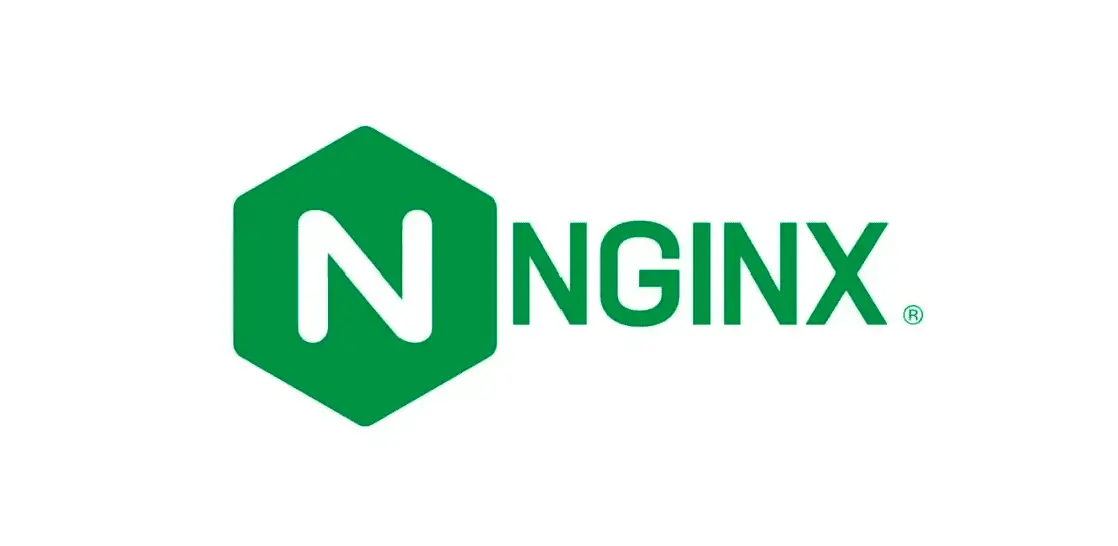NGINX Open Source Makes the Jump to GitHub, Boosting Collaboration and Community Engagement

In a significant shift for the open-source community, NGINX, the widely popular reverse proxy server, has announced the migration of its open-source development repository from Mercurial to GitHub. This move promises to enhance collaboration, accessibility, and overall engagement for developers worldwide. Effective immediately, developers can submit patches and improvements to the software through GitHub’s Pull Request (PR) system.
With Git being the preferred version control system for nearly 94% of developers, the transition to GitHub allows NGINX to tap into a broader pool of contributors. The move streamlines the process of submitting patches, feature requests, and bug reports, fostering a more vibrant and engaged community around the project.
While the migration involved significant technical adjustments, including tooling changes and the setup of GitHub Actions for CI/CD, the NGINX team is confident that the benefits will outweigh the challenges. NGINX’s other open-source projects, like NGINX JavaScript (njs) and NGINX Unit, have already seen positive results from similar moves, with improved access to discussions and issue tracking.
Starting now, developers can directly submit bug reports, feature requests, and enhancements through GitHub Issues. Pull requests (PRs) can also be submitted directly via the platform. Additionally, the NGINX Open Source project forum has migrated to GitHub Discussions, providing a central hub for community interaction, questions, and idea sharing.
Recognizing the long history of NGINX Open Source on Mercurial and the importance of email communication for many community members, support for these channels will continue in the foreseeable future. However, the focus of development will shift to GitHub, and users are encouraged to utilize GitHub Discussions to share their thoughts and concerns regarding Mercurial.
The NGINX team emphasizes that this move will not compromise the project’s commitment to performance, security, and code quality. These remain the core priorities as NGINX continues to play a vital role in serving a significant portion of internet traffic.
The transition to GitHub marks an exciting new chapter for NGINX Open Source, opening doors for increased collaboration, community engagement, and innovation. Developers are invited to explore the new GitHub repository, share their ideas, and help shape the future of this essential web server technology.





